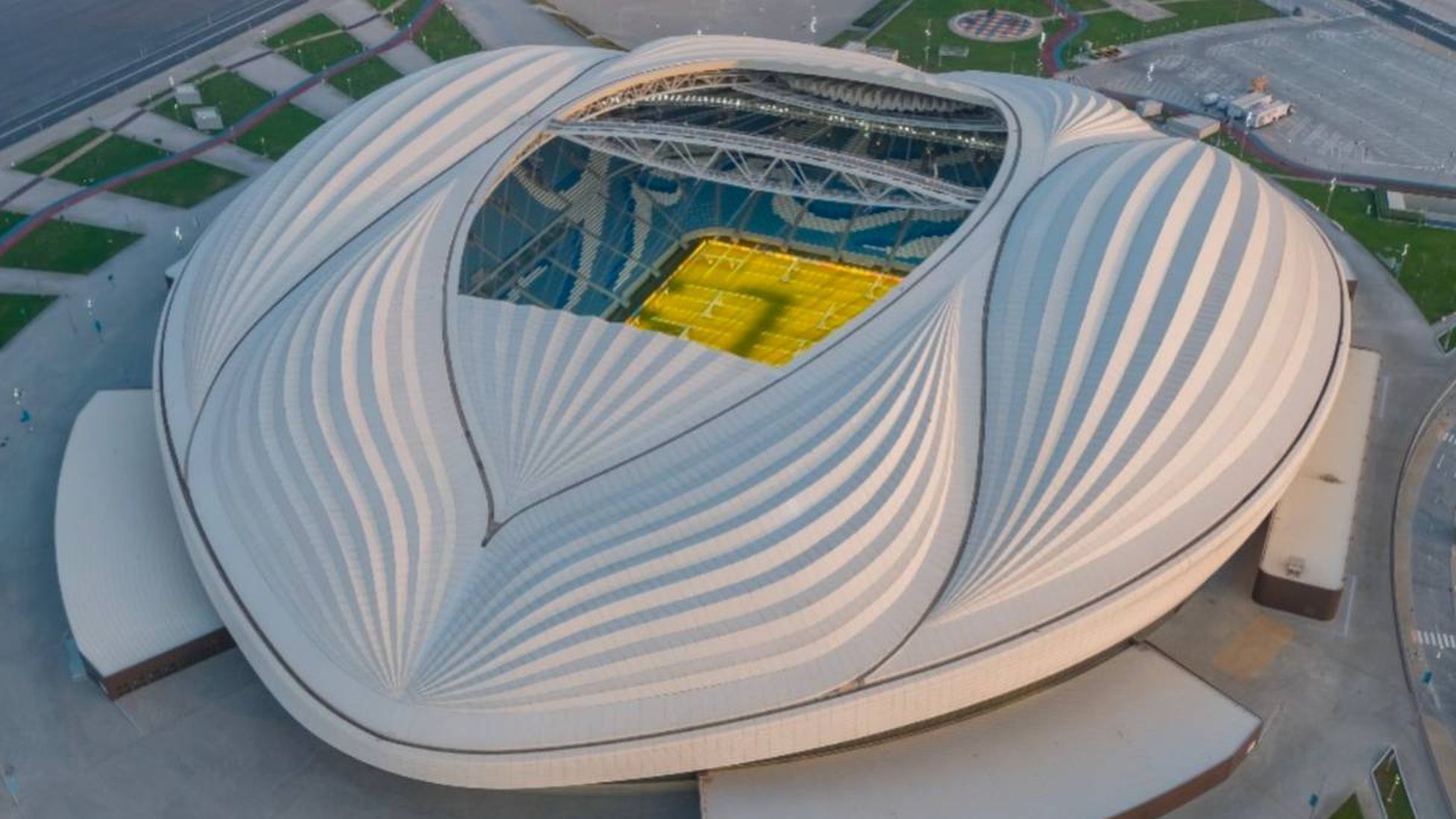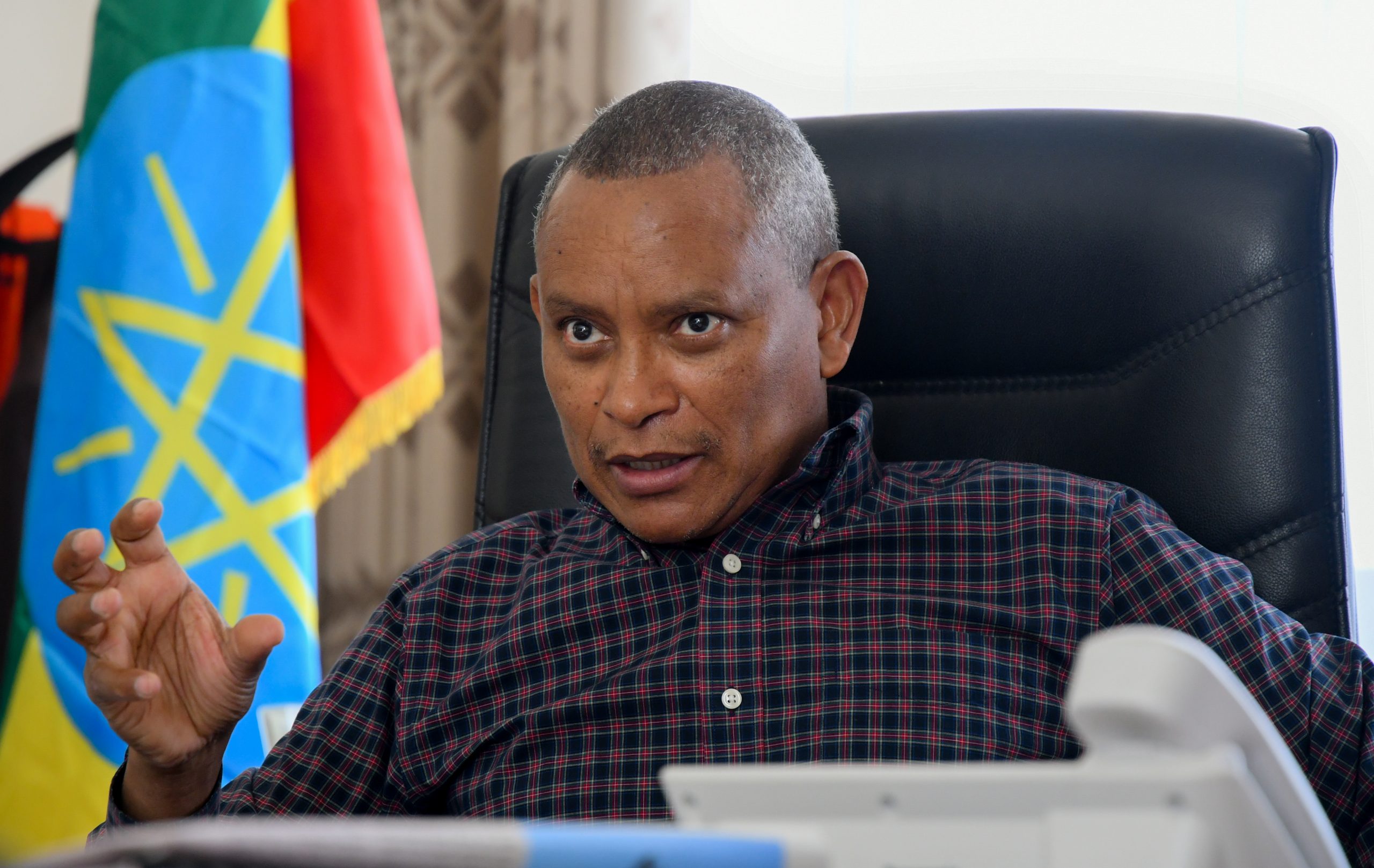Africa is a talent source and investment target for sport leaders.
If there were enough investment, thousands of athletes in Africa would be ready to compete on the world stage, according to business leaders and athletes.
But more public and private sector collaborations are required, according to attendees at a business roundtable on Monday, to boost African sports and place young athletes in elite leagues of basketball, football, and even American football.
More than 10% of the players in the world’s top basketball league were either born in African nations or have African parents, according to NBA Commissioner Adam Silver, who spoke at an event on the margins of the UN General Assembly in New York.
Regarding the region’s younger generations and the advantages of developing youth training programs there, he said: “Invariably more NBA, WNBA players will be discovered, will be nourished, will be developed and subsequently be able to play at the greatest level.”
Silver emphasized that sport in Africa must be viewed as economically viable in order to attract the “literally billions in investments that are needed.”
“We have to show that it’s a real company — that there is actual return over time,” he said, “in order to attract… great businesses to invest in the infrastructure.”
Former NBA stars Dikembe Mutombo, an American with Congolese ancestry, Chiney Ogwumike, a Nigerian-born WNBA phenomenon, and Pascal Siakam, a Cameroonian power forward currently playing for the Toronto Raptors, were among the speakers at the discussion.
The popularity of American football has also increased. Osi Umenyiora, a Super Bowl champion who oversees an NFL project to increase the pipeline of young talent from areas like Ghana and Nigeria, claims that more than 100 active NFL players are African.
“From a business standpoint it would actually make sense to me to start making business in Africa now,” Umenyiora told the audience, adding the NFL has recently opened new player camps in Africa.
– ‘Grounded’ –
The discussion comes along the launch of the new African Super League, which is dangling major prize money for the 24 football clubs that qualify for the first edition next year.
Confederation of African Football president Patrice Motsepe said that while Africa’s link to European and American leagues is “important,” the Super League “will attract billions of dollars in football in Africa to pay the smartest and most talented young Africans and keep them on the continent.”
Tobi Amusan, a recent 100-meter hurdles gold medallist and the first global champion in a track and field event for Nigeria, cautioned that the continent’s lack of infrastructure, particularly training facilities, could lead to an exodus of athletes.
Amusan, who is located in Texas herself, said to AFP: “I’m not saying don’t go to other locations.
But if the government and private sector employ measures like this in Africa, we will keep our citizens grounded there rather than just letting them wander off to other nations.
The president of the new top-tier basketball league in the area also discussed the tricky balance between bringing in foreign players and local sports development.



